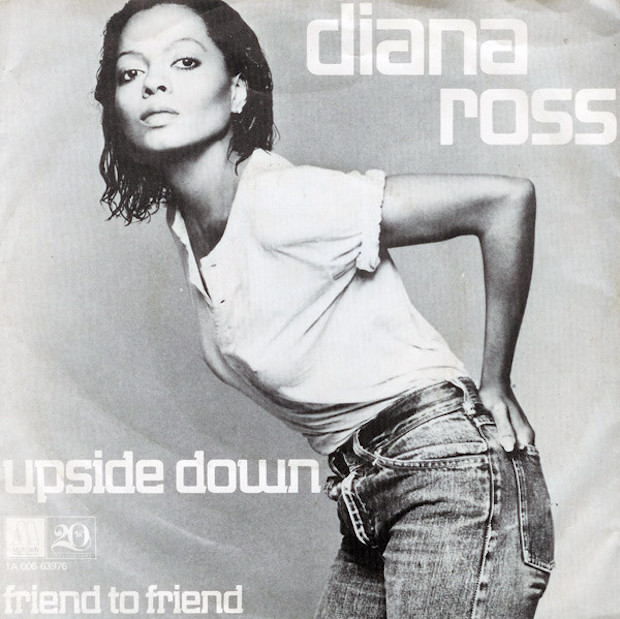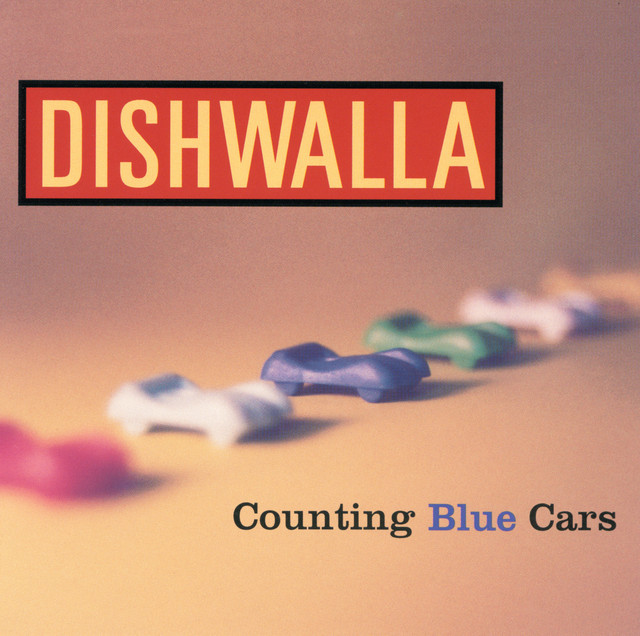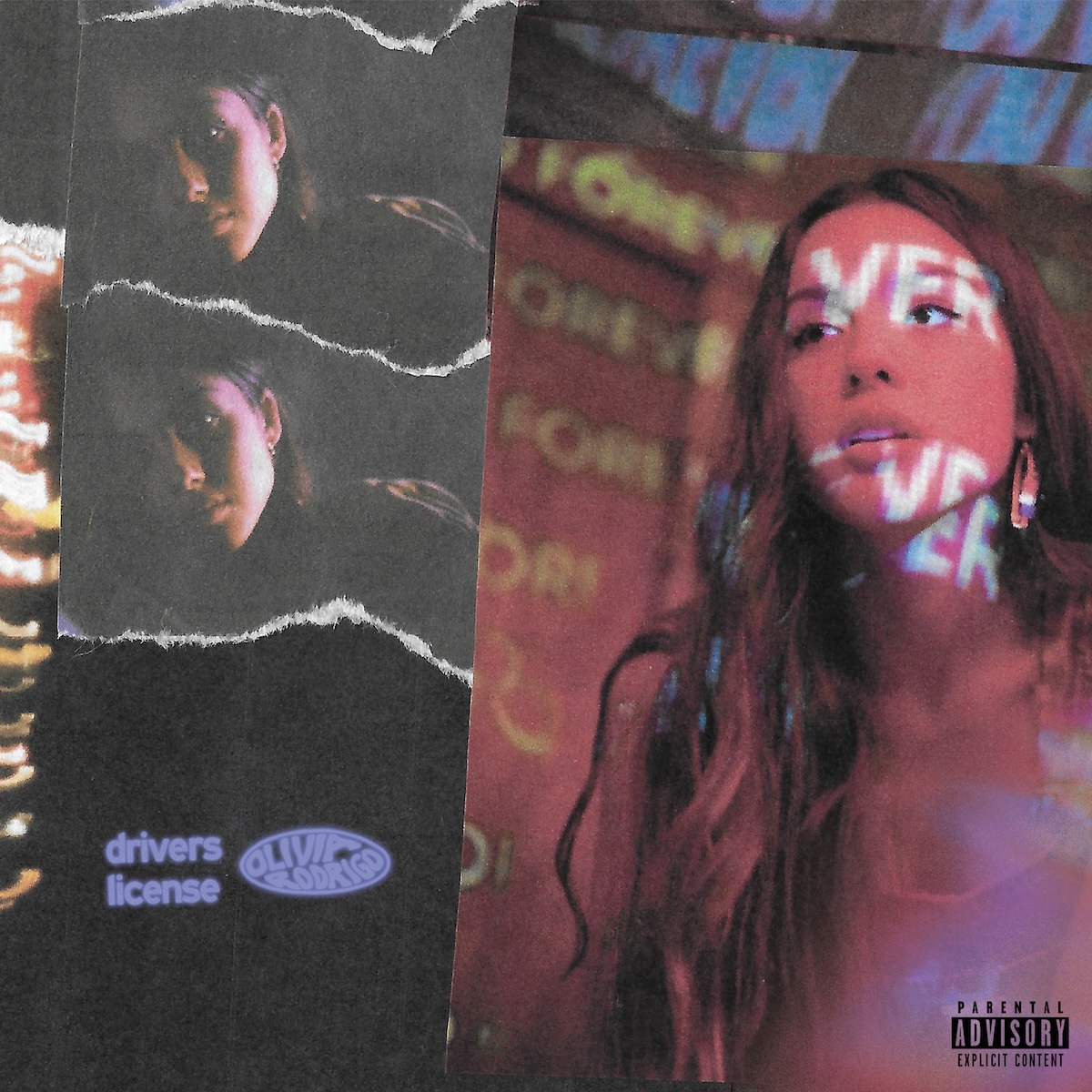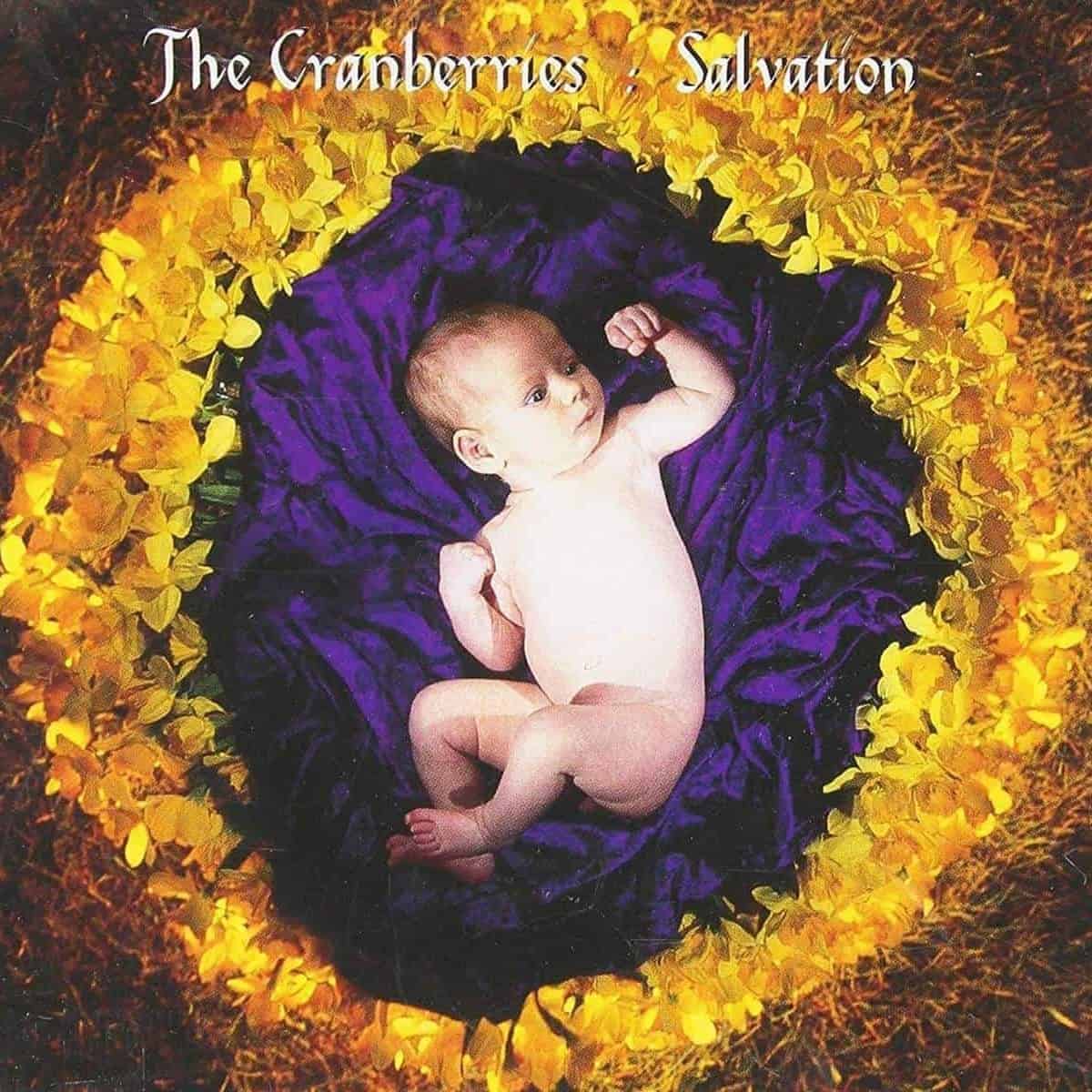In The Number Ones, I'm reviewing every single #1 single in the history of the Billboard Hot 100, starting with the chart's beginning, in 1958, and working my way up into the present.
Diana Ross - "Upside Down"
HIT #1: September 6, 1980
STAYED AT #1: 4 weeks
In 1980, as disco was disappearing from the pop charts, Diana Ross recruited the biggest and best group of the late disco era to become her backing band. This might've been a desperation move. Ross had hit #1 with the disco banger "Love Hangover" in 1976, but she'd then gone four years -- up until then, the longest stretch of her career -- without a #1 hit. In fact, none of Ross' singles in those four years had even touched the top 10.
Ross' star was on the wane. Her albums weren't selling. As an actress, she'd made two straight flops with 1975's Mahogany and the 1978 musical The Wiz. After The Wiz, she'd never act in a theatrically released film again, though she starred in a couple of TV movies in the '90s. Ross was still plenty famous. She'd been playing big clubs and casinos, and she'd made an HBO special out of a Caesar's Palace show in 1979. (This is when she was dating Gene Simmons, which is gross to think about.) But the hits weren't coming. Diana Ross needed help. Chic was the help that she needed.
On Ross' 1980 album Diana, Chic were basically her backing band. Chic masterminds Nile Rodgers and Bernard Edwards wrote and produced every song on the album, and they recorded it in their New York studio. Rodgers and Edwards played guitar and bass on it. The other musicians in Chic -- drummer Tony Thompson, keyboardists Raymond Jones and Andy Schwartz -- also played on the record. Chic vocalists Alfa Anderson and Luci Martin sang backup. It was almost as if Diana Ross had become a member of Chic. She was not into this. When Ross heard the final mix of the album, she went into the lab with Motown producer Russ Terrana and remixed the whole thing, pushing her vocals further to the front. This pissed off Rodgers and Edwards to the point where they almost had their names taken off of the project.
But it worked. Every move worked. Diana became the biggest album of Ross' career. It sold something like 10 million copies worldwide, launched a couple of top-10 hits, and helped forge the '80s dance-pop blueprints that future stars like Madonna and Janet Jackson would adapt. It also revitalized Ross' career in a huge way. "Upside Down," the album's opening track, became Ross' biggest-ever solo single. It might be her best song, with or without the Supremes.
The groove on "Upside Down" is just ridiculous. This should not be a surprise. "Le Freak" and "Good Times," Chic's two #1 hits, are more vamps than songs, and both of them were transcendent. On "Upside Down," the band goes into some uncanny telepathic trance, everything working within everything else. The bass sounds like a piano, and the piano sounds like a bass. The Fender Rhodes notes hit like champagne. The strings become a part of the rhythm section. The groove isn't quite disco; it's too elastic for that. It doesn't boom. Instead, it twists, shimmies, ripples. Even the titanic handclaps never overpower anything. Instead, the beat sounds like it's dancing with itself. I could listen to that instrumental track on a loop for hours.
But Ross deserves plenty of credit herself. Ross understood how a beat could work; even in the early Supremes days, she'd been projecting poise and sophistication all over big dance beats. On "Upside Down," her timing is impeccable. The hesitation in her delivery on the chorus, the way she waits just a second to deliver every syllable of the title -- it's incredible. She dips in and out of the groove with an effortless grace, riding the beat effortlessly. As the song is ending, she falls into lockstep with Chic's two singers, and she's got the same chemistry with them as she once had with the Supremes. Ross' performance on "Upside Down" isn't even showy, but I can't say enough nice things about it.
"Upside Down" doesn't have a whole lot of words, but it's still lyrically richer and more complex than Chic's two chart-toppers. The song depicts a simple-enough situation: Ross is dizzily in love with a guy who won't stop cheating on her. Once upon a time, Ross might've wrung melodrama out of that premise. On "Upside Down," she's so into the guy that she doesn't even care: "Respectfully, I say to thee, I'm aware that you're cheating/ But no one makes me feel like you do."
Another singer might've found pathos in those lyrics, in the woman whose self-respect is so low that she's forced herself to accept her man running around with other women. But there's a playfulness in the way Ross sings it. She might even be teasing him a little bit. She's horny and happy, and we can probably infer that she's content to mess around on the side if the mood strikes her, too.
A lot of discord went into the creation of Diana, and when Motown released the LP in May of 1980, they put it out with no advance single, something the label never did. Maybe they figured that it was a loss to cut, an experiment that didn't work out. Maybe Motown thought that they'd missed the disco boom, that people wouldn't care anymore. But the album did well enough that Motown released "Upside Down" as a single a month later, and it took off quickly.
Whatever problems Ross and Chic might've had with one another, they worked it out. Ross recorded with Nile Rodgers a few more times over the years, and in 2003, Motown released a Diana reissue that included the original Chic mix of the song on a bonus track. The Chic mix of "Upside Down" isn't even all that appreciably different from the original. In Chic's take, Bernard Edwards' bass jumps out more, and the outro does sound pretty spectacular. But I'm not convinced that the Chic version is better. Diana Ross knew what she was doing.
Diana also yielded another top-10 hit in "I'm Coming Out," which peaked at #5. (It's a 9, and a song that samples it will eventually appear in this column.) And Diana wasn't the end of it. Ross had another run of big hits soon after. She'll be in this column again.
GRADE: 10/10
BONUS BEATS: Here's a pretty amazing video of Michael Jackson coming onstage and dancing with Diana Ross, and eventually grabbing the mic, while she sings "Upside Down" at a 1980 show:
BONUS BONUS BEATS: Here's Kid Rock, back in his baby-white-rapper days, rapping over an "Upside Down" sample on his 1990 track "The Upside":
(Kid Rock's highest-charting single, the 2002 Sheryl Crow duet "Picture," peaked at #4. It's an 8.)
BONUS BONUS BONUS BEATS: Here's Salt-N-Pepa rapping over an "Upside Down" sample on "Upside Down ('Round-N-'Round)," their contribution to the soundtrack of the 1996 film Space Jam:
https://youtube.com/watch?v=-ZRls738Pr8
(Salt-N-Pepa's highest-charting single, the 1994 En Vogue collab "Whatta Man," peaked at #3. It's a 9.)
BONUS BONUS BONUS BONUS BEATS: Producers Puff Daddy and Deric "D-Dot" Angelettie sampled "Upside Down" on MC Lyte's 1997 Missy Elliott collab "Cold Rock A Party (Bad Boy Remix)." Here's the video:
("Cold Rock A Party" peaked at #11. MC Lyte's highest-charting single, the 1996 Xscape collab "Keep On, Keepin' On" peaked at #10; it's a 7. Missy Elliott's highest-charting single, 2002's "Work It," peaked at #2; it's a 10. Puff Daddy will eventually appear in this column.)
BONUS BONUS BONUS BONUS BONUS BEATS: Here's Diana Ross and Jamiroquai performing "Upside Down" together at the Brit Awards in 1997:
https://youtube.com/watch?v=pitR7ZyLhsQ






